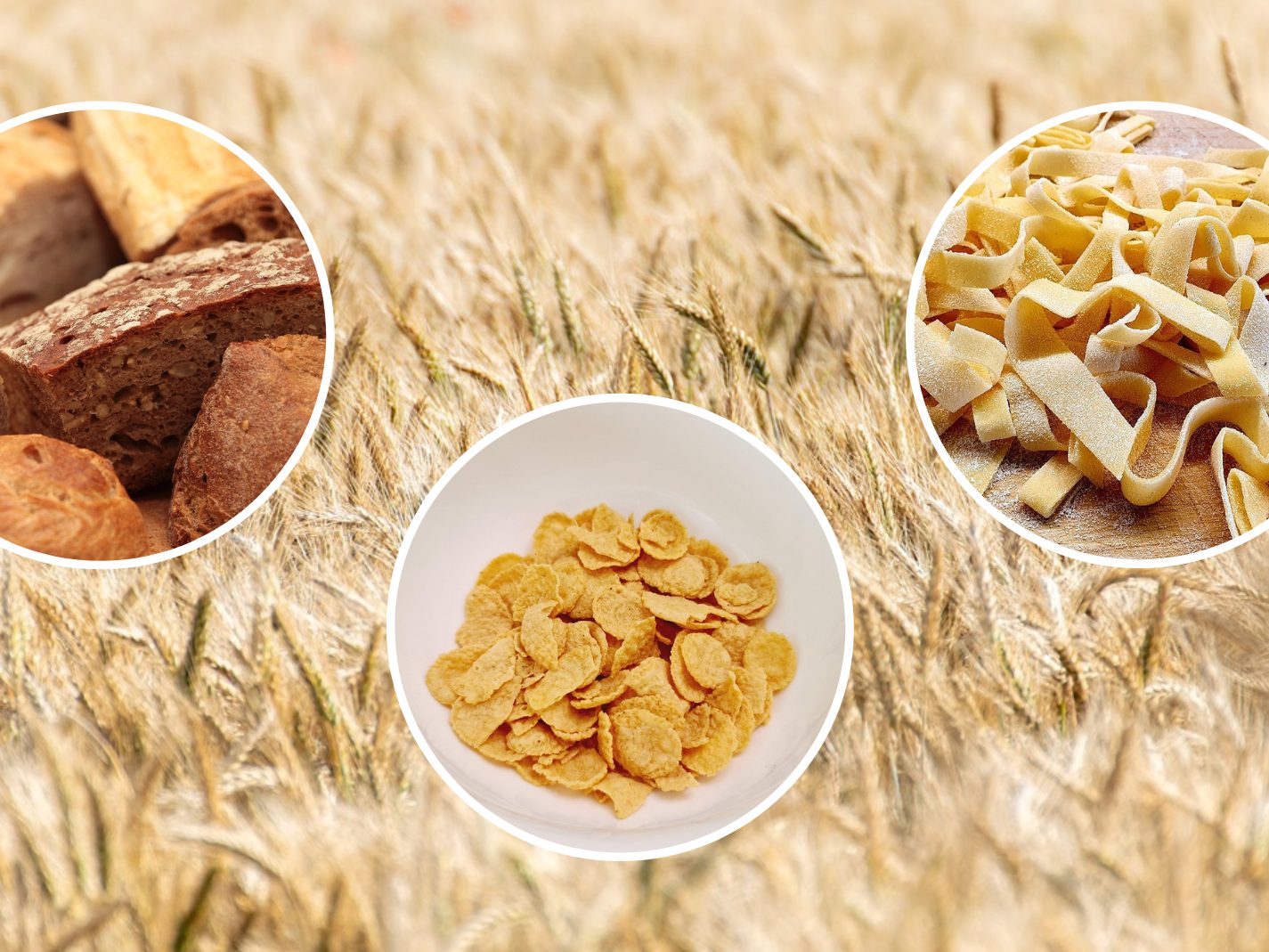Eternal Chemical Also in Domestic Grain Products

TFA is a degradation product of PFAS, which is used as an active ingredient in herbicides. In 2021, Bayer informed the EU that TFA causes severe malformations in fetuses in animal studies and applied for classification as "presumably reproductive toxic (harmful to reproduction, note) in humans." TFA is extremely persistent in the environment and accumulates in water.
Eternal Chemical Accumulates Massively in Plants
Environmentalists from Global 2000 found TFA last year in Austria in tap and mineral water, as well as in rivers and groundwater. This year, they have already tested wine and found in current vintages (2021 to 2024) even up to a hundred times more TFA than in water. The high amount of this substance in wine "indicates that this substance apparently accumulates massively in plants," it was said at the time. Next, the Global 2000 team sent 48 grain products to a Styrian accredited testing laboratory (named Institut Dr. Wagner), which specializes in the analysis of plant and animal foods. These were bread, breakfast cereals, cookies, pasta, flour, and whole grains such as spelt, wheat, rye, rice, and corn. Half were organic products, the others were conventionally grown. In the laboratory, they were all tested for TFA, and it was found everywhere. The samples contained an average of 119 micrograms per kilogram, according to Burtscher-Schaden. This is similar to wine, more than a hundred times as much as in surface, ground, and tap water, and 400 times more than in rainwater. The high TFA amounts in grain plants could therefore not only come from the water they consume. "Rather, they indicate an already widespread contamination of agricultural soils," said the expert.
Conventional Products Significantly More Contaminated with Eternal Chemical than Organic Products
"Conventional products were on average three times more contaminated than products from organic farming," he reported. The difference could probably be explained by the fact that organically farmed soils are not treated with PFAS-containing pesticides (herbicides) that degrade to TFA. The fact that there are still formidable amounts of it in organic grain products is probably due to the high mobility of the TFA molecule by wind and water, Burtscher-Schaden suggests. "In years with heavy rainfall, around eleven tons of TFA reach agricultural land in Austria via rain," he calculated: "In contrast, there are currently around one hundred and ten tons of applied PFAS pesticides annually, which release about 40 tons of TFA into the environment after their life cycle." Whether the TFA amounts in grain products are classified as "harmful to health" depends on whose guidelines are used. According to an older guideline from the European Food Safety Authority (EFSA), one could give the all-clear. According to a newer guideline from the Walloon part of Belgium, the tolerable daily dose when consuming grain products for adults would be exceeded by one and a half times, for young children by four times, according to Burtscher-Schaden.
Contamination with Eternal Chemical Tripled
Taking "the probably only investigation of grain products on TFA conducted in the EU in 2016" for comparison, the TFA contamination has tripled since then, he further explained. At that time, the average value determined by a laboratory in Stuttgart (Germany) on behalf of the EU Commission was 48 micrograms. "There is an urgent need for action to prevent further TFA emissions into the environment," it was said. "GLOBAL 2000 urgently appeals to the Austrian government, especially Agriculture and Environment Minister Norbert Totschnig and Health Minister Korinna Schumann, to immediately ban all pesticide products with PFAS active ingredients," said Burtscher-Schaden: "The government must also agree to the planned EU-wide PFAS group ban, which also includes F-gases from refrigeration technology."
Criticism from Chamber of Agriculture and IGP of Global 2000
Criticism of Global 2000 came from the Interest Group of Plant Protection Product Producing Companies (IGP) and the Austrian Chamber of Agriculture (LKÖ). The environmental organization was accused of a "completely one-sided, untrustworthy campaign against agriculture" (LKÖ) or "questionable NGO campaigns that led to the death of active ingredients." "Anyone who claims to be for farmers should follow their words with actions and stop the systematic defamation and destruction of domestic agriculture. Anything else is cynical," said Christian Stockmar, chairman of the IGP. Global 2000 completely ignores "that the much bigger problem now is the lack of plant protection active ingredients and thus the protection of crops, which is why more and more plant cultures are threatening to disappear from Austrian cultivation or have already disappeared," criticized LKÖ Secretary General Ferdinand Lembacher.
(APA/Red)
This article has been automatically translated, read the original article here.





